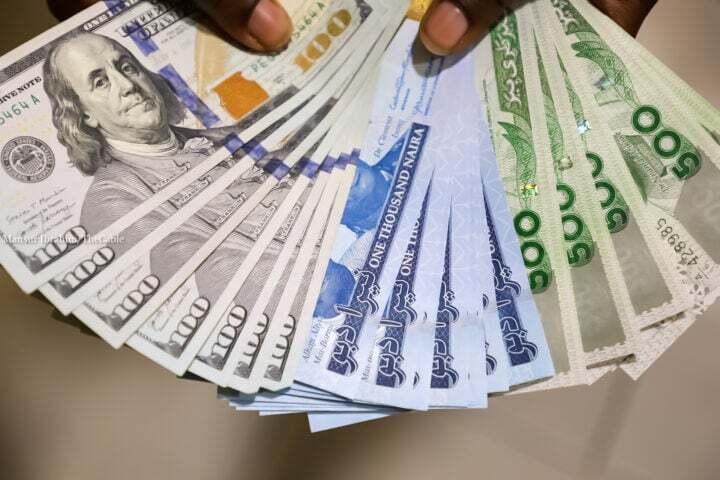
Naira Crashes to ₦1,600/$ on Black Market – March 28, 2025: Is CBN Losing Control?
On Friday, March 28, 2025, the black market exchange rate for the Nigerian Naira (NGN) against the U.S. Dollar (USD) continues to reflect the country’s ongoing economic challenges.
Currency traders, commonly known as “Aboki,” have reported the latest rates from major parallel market hubs in Lagos, Abuja, and Kano.
Trending Now!!:
As of today, the black market rate for the Dollar to Naira stands at an average of ₦1,580 to buy and ₦1,600 to sell, according to sources from the Lagos parallel market. This marks a slight increase from yesterday’s range of ₦1,565 to ₦1,585, signalling continued volatility in the unofficial forex market. Traders attribute the rise to growing demand for dollars amid a limited supply, a situation exacerbated by Nigeria’s dependence on imports and fluctuating oil revenues.
In Abuja’s Wuse Zone 4, a key foreign exchange hub, dealers quoted similar rates, though some variations were observed based on transaction volume. A trader, speaking anonymously, noted, “The dollar is scarce today. Many people need it for international transactions, but supply isn’t keeping up.” Meanwhile, in Kano, slightly lower rates of ₦1,575 to buy and ₦1,595 to sell were reported, reflecting regional differences in currency demand and supply.
The Central Bank of Nigeria (CBN) continues its efforts to stabilize the Naira through official channels, yet the black market remains a crucial alternative for businesses and individuals unable to access dollars through banks. The CBN’s official exchange rate hovers around ₦1,525 per dollar, significantly lower than the parallel market rate. This widening gap underscores the ongoing struggle to bridge the forex supply-demand imbalance, prompting importers and travellers to turn to Aboki traders for quicker access to foreign currency.
Economic analysts point to several key factors driving today’s exchange rates, including global oil price trends, foreign reserves, and speculative trading. With Nigeria’s economy still largely reliant on oil exports, any decline in crude prices often leads to a reduction in dollar inflows, further pressuring the Naira. Additionally, rising inflation has eroded purchasing power, pushing more Nigerians to seek dollars as a hedge against currency depreciation.
As the day unfolds, market watchers anticipate further fluctuations, with some speculating that the exchange rate could surpass ₦1,620 by the weekend if demand remains high.
Nigerians are advised to monitor local traders or reliable platforms tracking parallel market trends for real-time updates, though rates can vary by location and transaction size.

